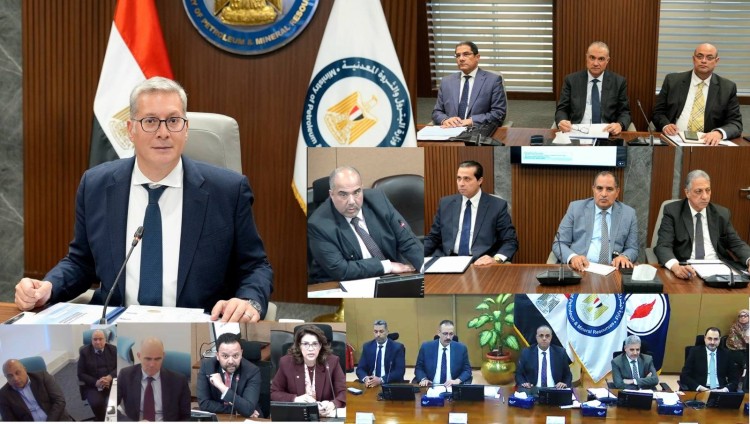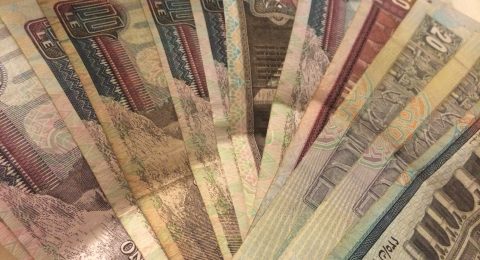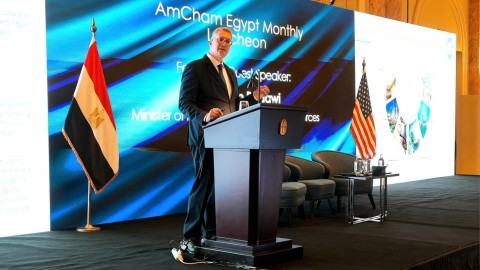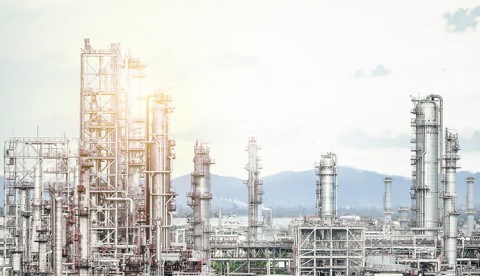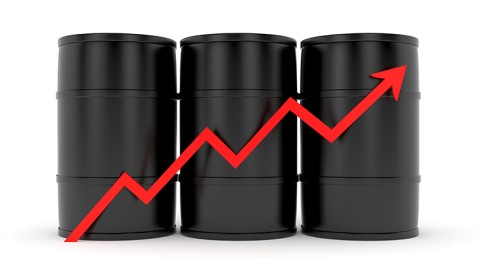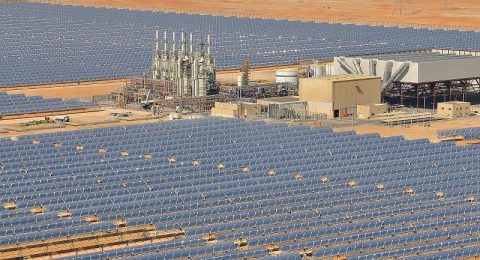Minister of Petroleum and Mineral Resources Karim Badawi confirmed that integrating new gas wells within the tenth phase of the West Delta Deep Marine (WDDM) development area into the production map and their connection to the national natural gas network represents a significant milestone for the sector.
This came during the General Assembly of Rashid Petroleum Company (Rashpetco) and Burullus Gas Company to discuss and approve the amended investment budget for the fiscal year (FY) 2024/25, and the new budget for FY 2025/26.
During the meeting, Rashpetco and Burullus Chairman, Mohamed Samir, clarified that the companies recorded over 21 million safe working hours without lost-time injuries during 2024, reflecting their commitment to occupational safety and health standards and operational safety.
Samir indicated that the companies succeeded in placing the tenth phase wells of the WDDM development project on the production map, with a total of three wells achieving a daily production rate of 160 million cubic feet of gas (mscf) and 2,000 barrels of condensates. The company was able to overcome challenges in project implementation by leveraging available resources and existing infrastructure, which also contributed to enhancing the project’s economic feasibility.
Additionally, Samir noted the commencement of drilling the eleventh phase wells for gas development and production in the WDDM shortly before mid-January, just days after the completion of the tenth phase, in a record time considered the shortest between two major projects in the company’s history. He explained that they aim to drill three more wells and place them on the production map with a daily rate of 150 mscf of gas and 1,500 barrels of condensates.
Samir added that it is planned during the current fiscal year to increase the production rate to 320 million cubic feet of gas per day as a result of the new producing wells, an increase from the previous year 2023/24, which had an average production of 222 mscf/s of gas.
Badawi expressed his appreciation for the confidence of investment partners in the opportunities and potential offered by the WDDM area. He commended the step of using 4D seismic survey technology for the first time, which will contribute to reducing exploration risks and enhance opportunities to reach new natural gas reservoirs in deep waters, thereby supporting the Ministry’s plans to increase natural gas reserves and production.
Meanwhile, Dalia El Gabry, Vice President and Country Chair of Shell Egypt, emphasized the significant gas potentials and possibilities that the WDDM area still holds. El Gabry added that studies, evaluations, and analyses are ongoing in this promising region to exploit these potentials, particularly through the implementation of the 4D seismic survey.
For his part, Hani Esmat, CEO and Country Head of PETRONAS Egypt, affirmed that Petronas believes in the potential and opportunities in the WDDM area. Esmat expressed his appreciation for Badawi’s support in overcoming challenges and accelerating the tenth and eleventh phases of gas production. He also thanked the Burullus company’s work team for their outstanding performance during the year.
